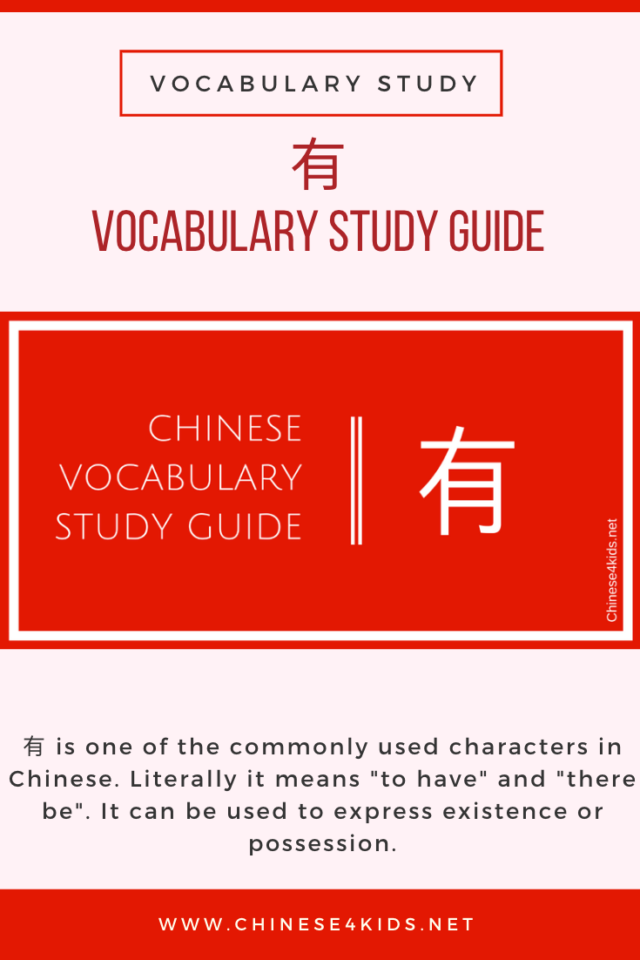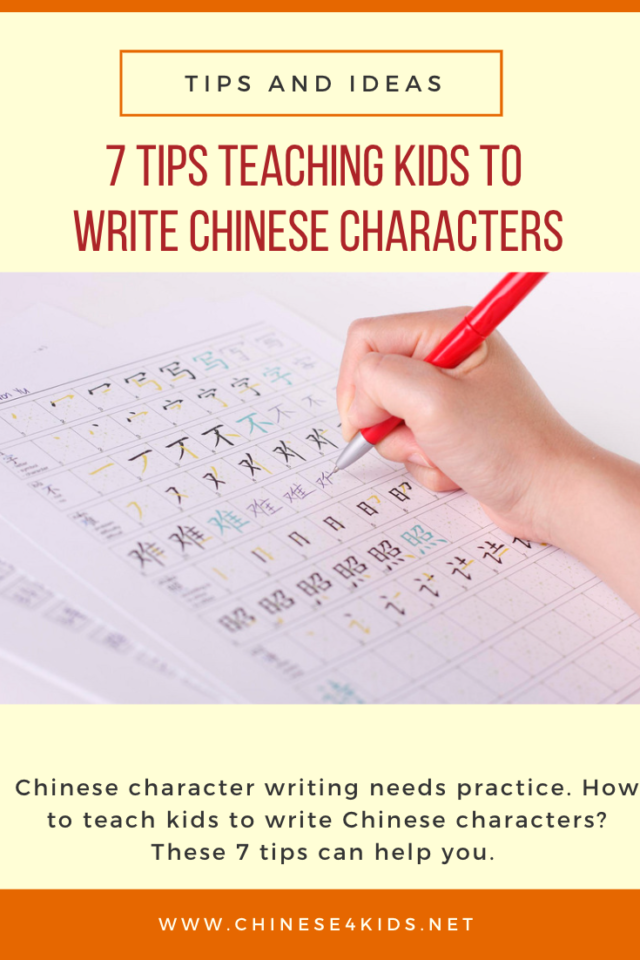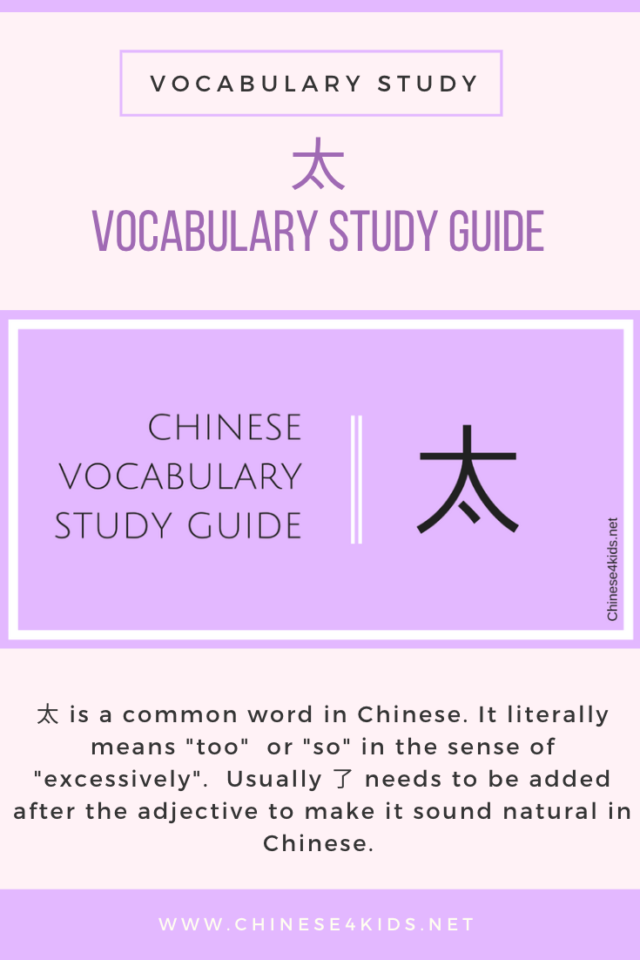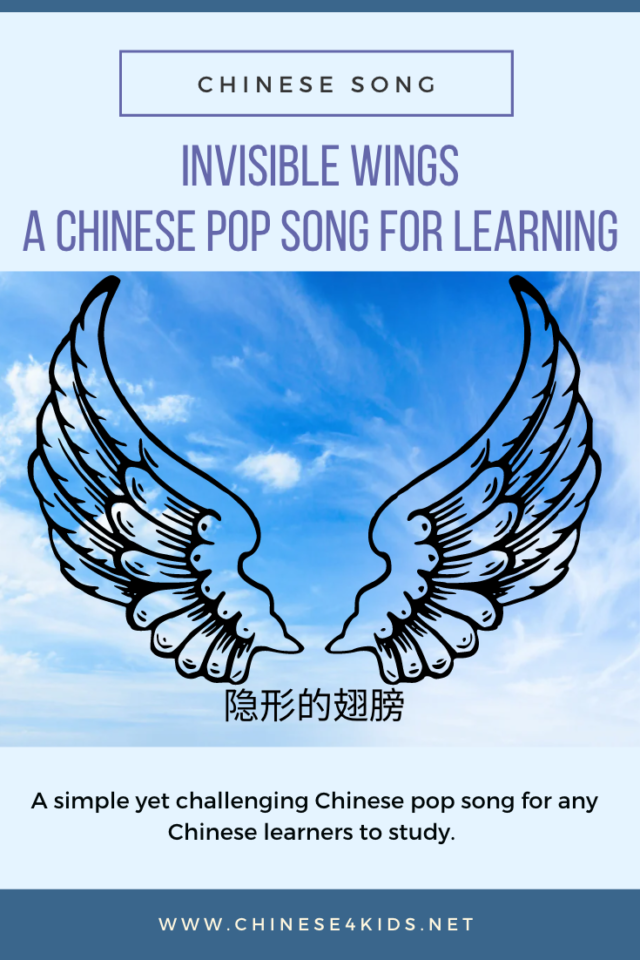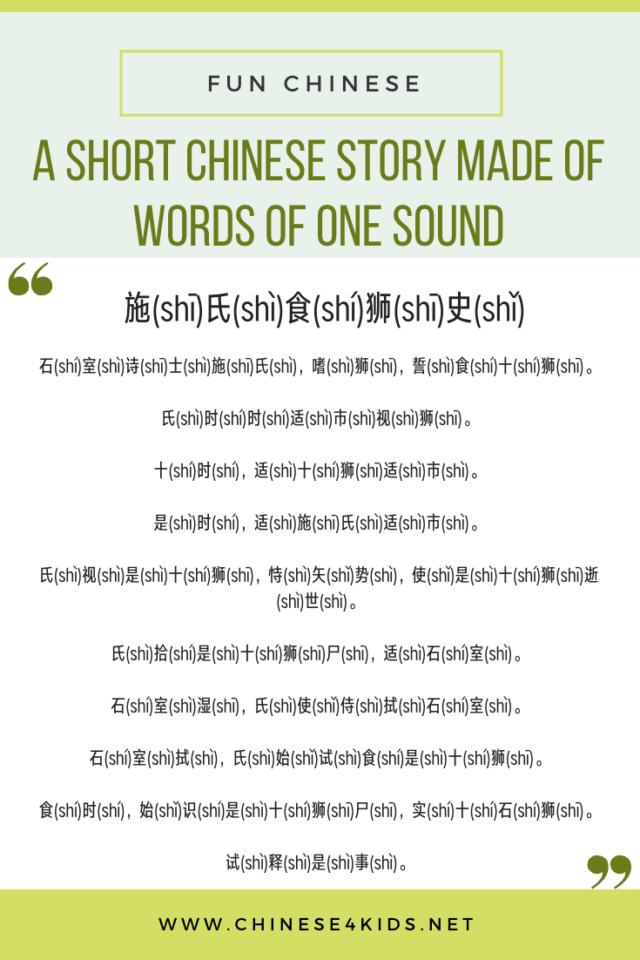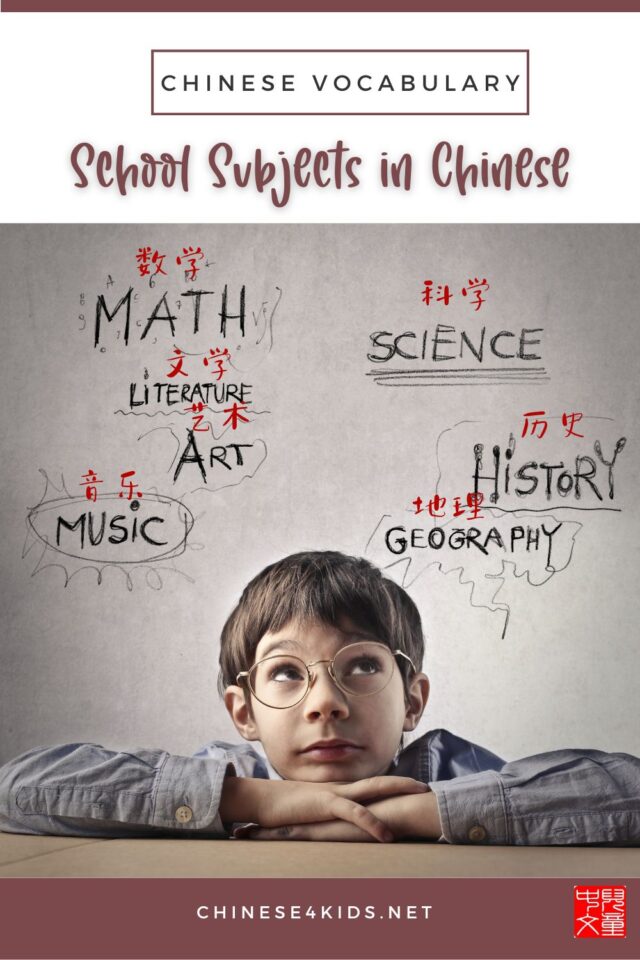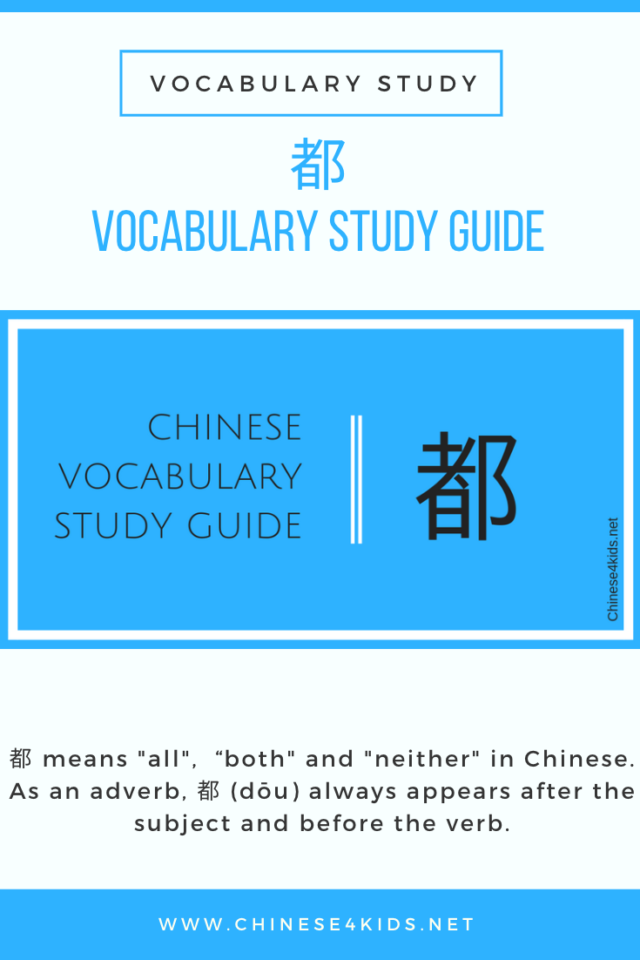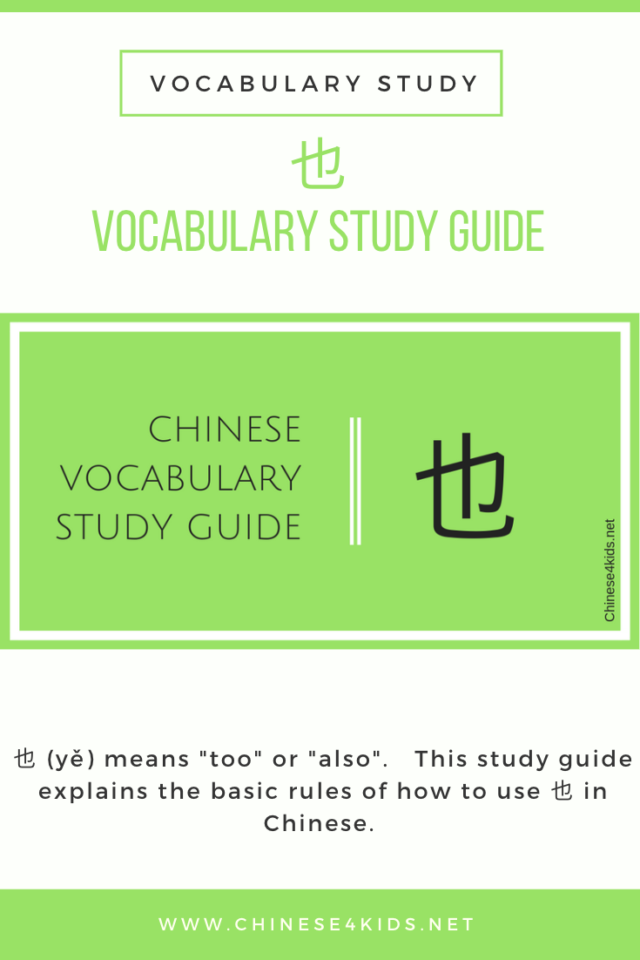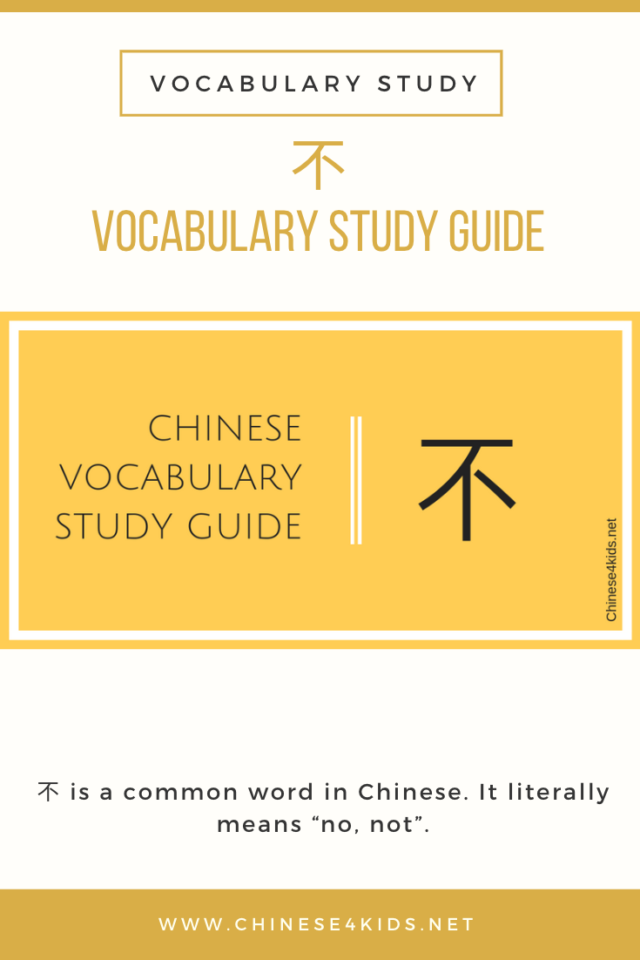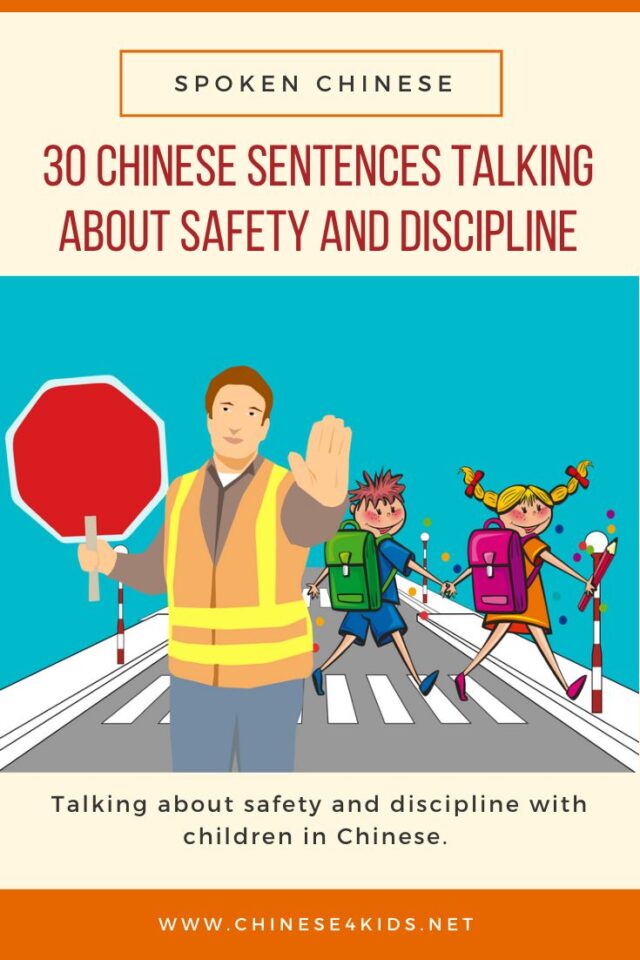Chinese Vocabulary Study Guide You有
有 is one of the commonly used characters in Chinese. Literally it means “to have” and “there be”. It can be used to express existence or possession. This Chinese Vocabulary Study guide you 有 features the basic grammatical rules on how to use the word with many useful examples. Expressing existence The verb 有 (yǒu) when […]
Chinese Vocabulary Study Guide You有 Read More »

